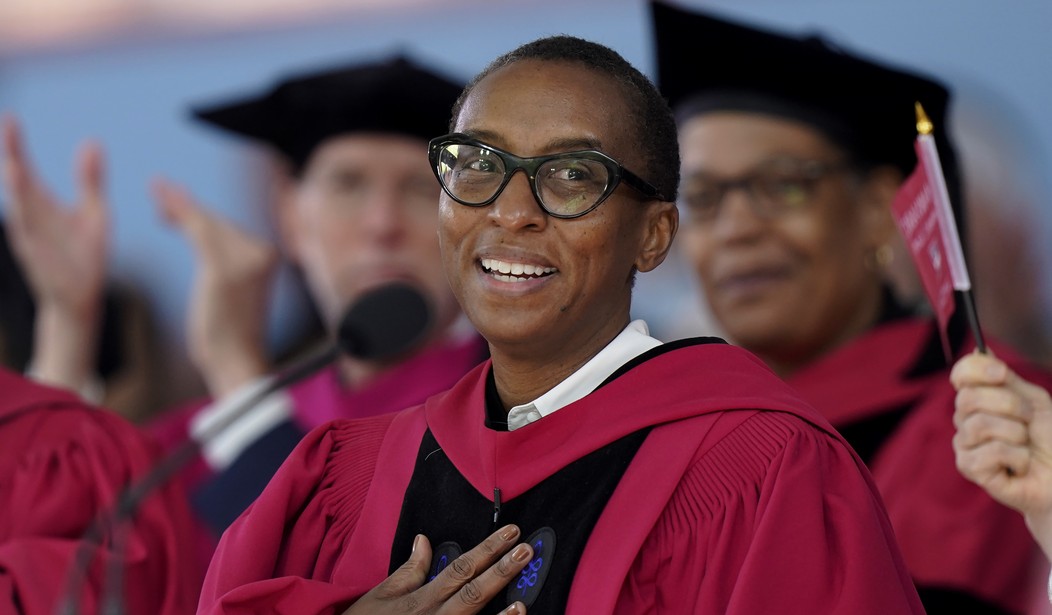Harvard President Claudine Gay’s response to Hamas’ Oct. 7 attack on Israel, and the rising anti-Semitism that developed on campus as a result, prompted outrage among alumni and donors. Then came her disastrous congressional testimony in which she argued context is necessary to determine whether calls for genocide against the Jewish people violates the school’s policies against bullying and harassment. The fury over Gay’s response led to more than $1 billion in lost donations by some estimates and widespread calls for her resignation. But then another scandal rocked the school’s head, as journalists took a deep dive into her dissertation and allege she plagiarized portions of it.
Among those most vocal in response has been Carol Swain, an award-winning political scientist and former professor.
On Sunday, Swain penned an op-ed in The Wall Street Journal explaining why the “damage” to her “extends beyond two instances of plagiarism identified by researchers Christopher Rufo and Christopher Brunet.”
The parts allegedly lifted from Swain were from her groundbreaking book, “Black Faces, Black Interests: The Representation of African Americans in Congress,” published in 1993, and from an article she authored in 1997 titled, “Women and Blacks in Congress: 1870-1996.”
When one follows in the footsteps of a more senior scholar, one is expected to acknowledge the latter’s contribution to the field and how one’s own research and ideas refute, affirm or expand knowledge in the area. Ms. Gay ignored the substantive importance of my research, which she should have acknowledged and engaged. A single citation or two wouldn’t usually be considered intellectually honest.
When scholars aren’t cited adequately or their work is ignored, it harms them because academic stature is determined by how often other researchers cite your work. Ms. Gay had no problem riding on the coattails of people whose work she used without proper attribution. Many of those whose work she pilfered aren’t as incensed as I am. They are elites who have benefited from a system that protects its own. (WSJ)
But Swain also argued that Gay’s work isn’t even Ivy League material.
Recommended
“Tenure at a top-tier institution normally demands ground-breaking originality; her work displays none,” Swain wrote. “In a world where the privilege of diversity is king, Ms. Gay was able to parlay mediocre research into tenure and administrative advancement at what was once considered a world-class university.”
Swain explained why Harvard has stood behind her even though a white male who committed the same offenses would’ve likely already been shown the door.
“Harvard can’t condemn Ms. Gay because she is the product of an elite system that holds minorities of high pedigree to a lower standard,” the scholar argued. “This harms academia as a whole, and it demeans Americans, of all races, who had to work for everything they earned.”

























